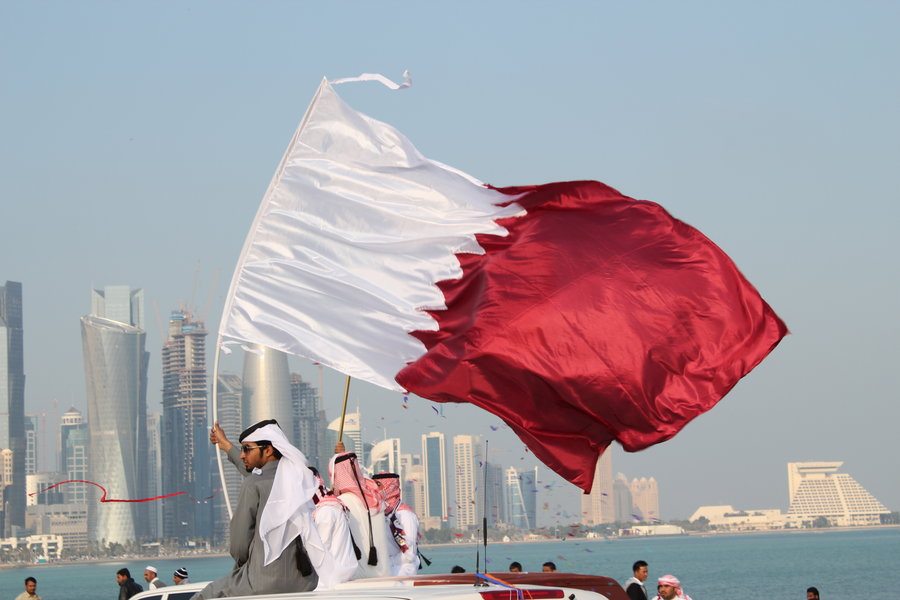LONDON: Qatar stocks led losses across the Gulf on Sunday as the Turkish currency crisis unsettled investors. Every regional index ended the day in negative territory.
The Doha measure declined by 2.6 percent as investors sold banks with investments in Turkey.
Qatar National Bank (QNB) lost 4.7 percent while Commercial Bank was also down by about 4.1 percent at the close of trade — becoming the worst performing stocks on the bourse on Sunday.
QNB owns Finansbank in Turkey and Commercial Bank has a majority stake in Turkish lender Alternatifbank.
Events playing out in Turkey also have ramifications for the UAE banking sector — especially Emirates NBD, Dubai’s biggest bank, which has agreed to acquire Turkey’s Denizbank from Russia’s state-owned Sberbank in a deal worth about $3.2 billion.
Arqaam Capital said in a research note that the 37 percent drop in the Turkish lira since the announcement gave Emirates NBD an opportunity to reduce the purchase price. The Dubai lender’s stock lost about 1.7 percent.
The pain was not confined to the banking sector, though. Property developers Emaar and Damac, both with investments in Turkey, also finished the session in negative territory.
The Turkish lira plunged last week as US President Donald Trump doubled tariffs on Turkish steel and aluminum imports.
The lira fell 18 percent on Friday to hit a record low.
In Saudi Arabia, the index fell 1.4 percent, below its 100-day average for the first time this year, Reuters reported.
It closed at 8,065 points, the lowest since late May.
Banks were mostly down, led by National Commercial Bank, which fell 3.2 percent on concerns about its exposure to Turkish assets. Al Rajhi Bank dropped 1.3 percent.
The Dubai index lost 1 percent with Air Arabia down 2.9 percent.
The carrier, which in June disclosed an exposure of $336 million to private equity group Abraaj, said in its financial statement for the first half of 2018 that a short-term investment of 275 million dirhams in Abraaj had not been repaid after maturing at the end of June.
The airline has yet to make any provision for the investment because “events are still unfolding,” it said.
Purchasing manager data for Saudi Arabia and the UAE highlighted that firms’ margins remained under pressure despite a large backlog of orders and a strong export sector.
The Emirates NBD Purchasing Managers’ Index (PMI) for the UAE declined to 55.8 in July from 57.1 in June, signalling the slowest rate of growth in the non-oil private sector in three months.
“Both output and new work, while still strong, were softer than in June,” said Khatija Haque, head of MENA research at Emirates NBD. “Notably, new export orders increased at the sharpest rate in three years, as firms reported stronger demand from other GCC countries and Europe.”
The headline Saudi Arabian PMI also eased marginally to 54.9 in July from 55.0 in June.
“The PMI survey showed both output and new orders increased sharply last month, although at a slightly slower rate than in June. However, once again the year-to-date average for both series indicate much softer growth than for the same period in 2017,” added Haque.
Still, employment increased modestly over the month, as did new export orders.
Source:http://www.arabnews.com/node/1355381/business-economy


